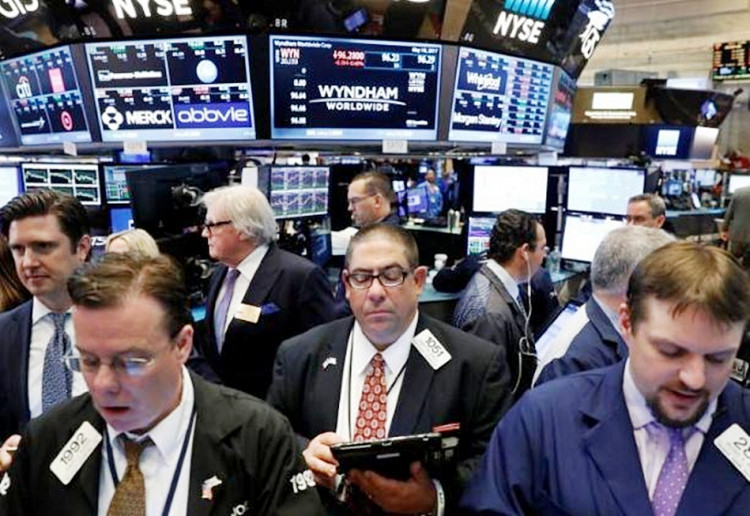U.S. consumer goods firms are bracing for a slowdown in buyer demand while equity fund managers on Wall Street remain wary of investing in consumer discretionary stocks.
The twin whammy hitting firms making both consumer discretionary and consumer staples products is being triggered by unexpectedly low consumer confidence since the start of the year.
"We're already seeing that consumer confidence has lowered and analysts have been lowering expectations for 2019," said Jharonne Martis, director of consumer research at Refinitiv, according to Reuters.
As expectations for slower U.S. economic growth rises, U.S. fund managers are selectively avoiding stocks in consumer companies. Fund managers are casting a wary eye on companies with lofty valuations. They're also worried about declining earnings estimates and sagging consumer confidence.
For the first quarter, analysts estimate discretionary earnings shedding 1.7 percent compared with expectations for 6 percent growth on Oct. 1, 2018. On the other hand, first-quarter earnings growth for consumer staples firms is expected at only 0.7 percent. This compares to the 6.7 percent consensus in October 2018.
The 35 day-long federal government shutdown helped defuse consumer enthusiasm while the wild volatility ride on Wall Street in Q4 2018 had a similarly demoralizing effect on investors.
One analyst said most Americans have had something in their life in the past few months "that has given them pause."
For the wealthy, this gut punch was watching the stock market go down 15 percent in the fourth quarter, said Shawn Kravetz, Esplanade Capital LLC chief investment officer. As a result, Kravetz is largely avoiding consumer stocks because of their valuations.
As for government workers, the killer was weeks of no cash flow and uncertainty because of Trump's government shutdown.
"For many, it was the uncertainty of the shutdown and what the secondary effects might be to them directly, to their jobs or businesses, or the economy at large ... everyone was touched directly or indirectly. That didn't pop the bubble but certainly let a little air out."
Also sending chills down the spines of investors is data showing consumer discretionary index trading at 19.8 times forward earnings estimates. This compares to 17.3 for consumer staples and a 15.8 multiple for the broader S&P, said Refinitiv data. All this means investors are paying more for weaker growth.
All these contrarian factors even in the face of low U.S. unemployment and rising wages, both of which should make consumers spend more. But worries about global growth, domestic U.S. politics, and a U.S.-China trade war continue to deflate consumer and investor moods.






